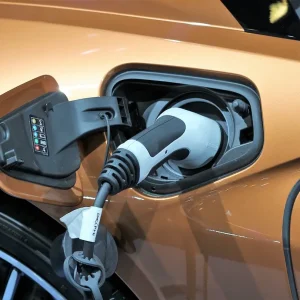Tax experts from Deloitte warned firms looking to introduce salary sacrifice schemes to ensure they are taking into account a vehicle’s whole-life cost rather than its lease rate.
“The critical design point and fundamental issue for the whole design is whole-life cost,” senior manager in Deloitte’s employment taxes group Nathan Male told the conference, warning of the huge discrepancy possible for cars at a similar monthly payment.
Male said salary sacrifice schemes stack up for CO2 emissions at anything below 161g/km, with cars taken through a scheme working out more cost-efficient for staff than leasing in the private marketplace, although the savings increase with lower CO2 figures. He also said a lot of companies are putting a 120g/km cap on vehicles for green reasons.
Deloitte’s Mike Moore, director in the firm’s employer taxes group, said the employee demographic is also key to a scheme’s success, and that the design of a scheme can be different from company to company depending on its workers. He also pointed out that salary sacrifice schemes won’t work in every business, particularly those with a high turnover of staff or a high proportion of low-paid workers. Salary sacrifice schemes aren’t allowed to take employee’s salary below the minimum wage once the money for the car has been deducted, so an alternate benefit such as an affinity scheme may be a better plan in those circumstances, according to Moore.





